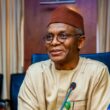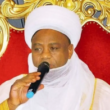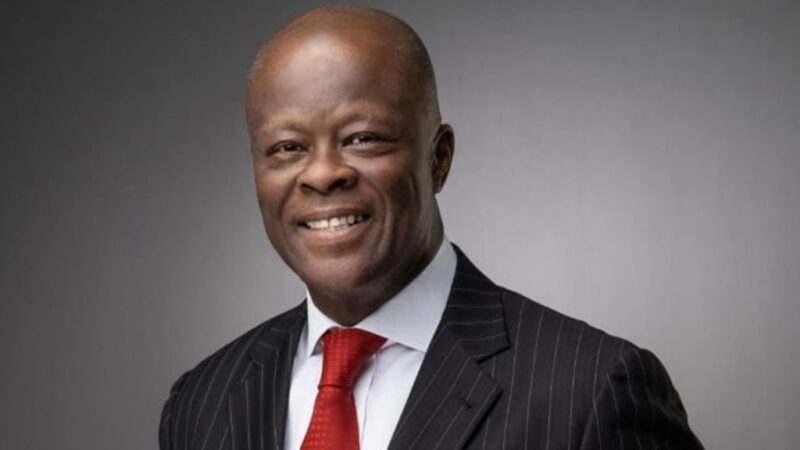Nigeria’s Finance Minister, Mr. Wale Edun, announced that the government would be reviewing the ongoing global tariff disputes to assess their potential impact on the country’s economy.
Speaking at the Ministry of Finance Incorporated (MOFI) Corporate Governance Forum for Government Owned Enterprises (GOEs) held in Abuja, Edun explained that Nigeria would closely monitor the situation and adjust accordingly if the trade conflict persists.
Edun pointed out that while Nigeria’s oil exports were largely unaffected by tariff restrictions, the non-oil export sector had encountered challenges.
He noted that despite facing a 14% tariff on some exports to the United States, Nigeria’s position is more favorable compared to countries like Vietnam, which is hit with a higher 46% tariff. “For Nigeria, in terms of exports, it’s not too bad because oil minerals are excluded by America from being in any way sanctioned with tariffs,” Edun explained.
He also emphasized the importance of creating opportunities for investment within the country, stating that Nigeria’s relatively stable economy and attractive investment policies could make it a viable alternative for businesses struggling with manufacturing difficulties in other countries. “We are here, we are ready, we are waiting, and we have what will be attractive to them in terms of policies, in terms of market, and in terms of export capacity,” Edun added.
Turning to the Nigerian National Petroleum Corporation (NNPC), Edun remarked on the necessity for the company to meet high corporate governance standards before considering going public. He described NNPC as Nigeria’s “crown jewel,” highlighting its critical role in the nation’s economy. “If you want to go public, corporate governance is at the heart of what you must achieve,” he said.
The Finance Minister also discussed the government’s efforts to attract private capital, acknowledging the challenges of relying solely on public funding to meet the nation’s infrastructure needs.
He pointed out that while government spending accounts for only 10% of Nigeria’s GDP, the private sector contributes 90%. To address infrastructure gaps, the government has been actively seeking private sector involvement through initiatives like the Highway Development and Management Initiative, which allows the private sector to construct and manage major roads.
Dr. Ndiame Diop, the outgoing World Bank Country Director for Nigeria, underscored the need for greater transparency in the management of government-owned enterprises. He noted that while there had been some progress in publishing the annual accounts of these enterprises, more work remained to be done. “Only about 50 percent of them had their annual accounts published,” he pointed out.
In addition to discussing the tariff war and corporate governance, Dr. Armstrong Takang, the MD of MOFI, provided an overview of the role of government-owned enterprises in global economies. He explained that sectors such as infrastructure, finance, and natural resources are heavily dominated by such enterprises. MOFI itself, he added, is actively engaging with boards of these enterprises to enforce policies aimed at maximizing their value.










